Researchers have built a camera-like device for understanding how vortices form in quantum liquids, where atoms pair up and start to behave like overlapping waves.


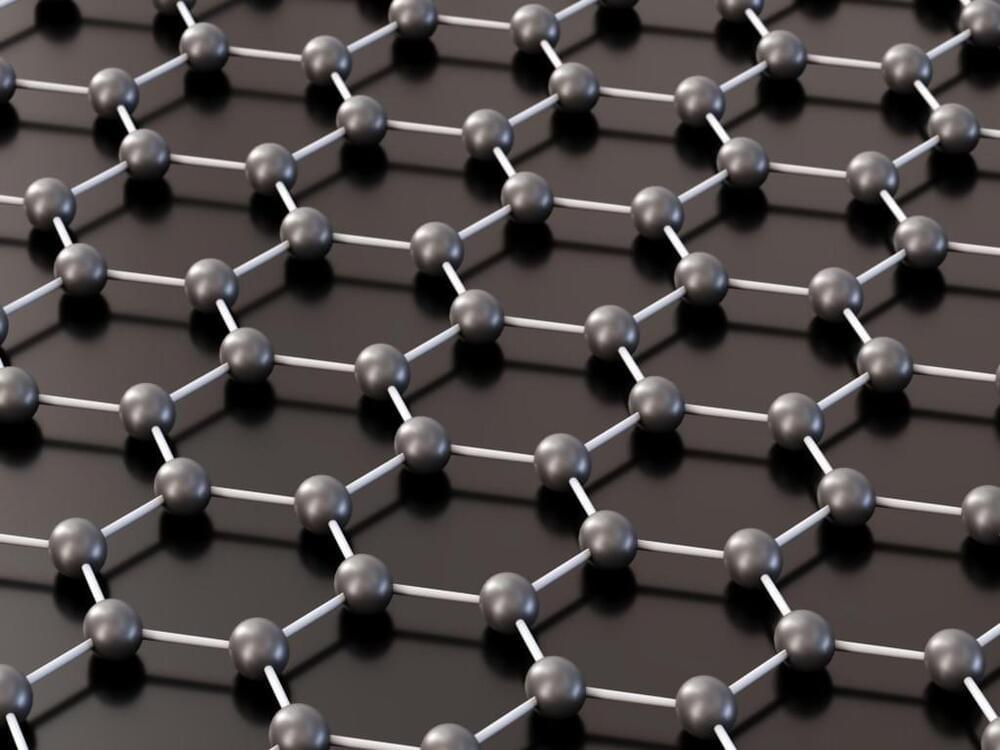

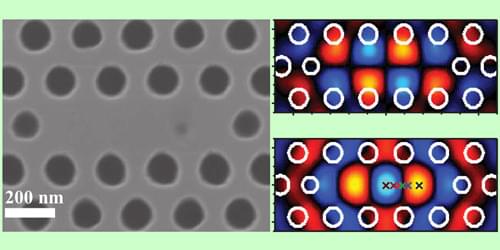

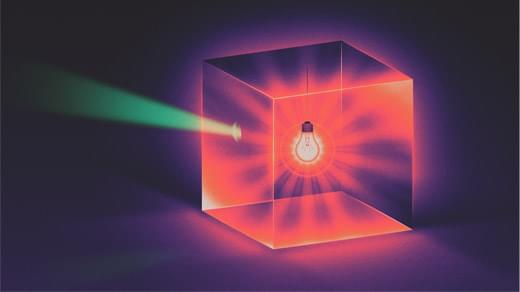
THE #QUANTUM #PHYSICISTS Sandu Popescu, Yakir Aharonov and Daniel Rohrlich have been troubled by the same scenario for three decades.
It started when they wrote about a surprising #wave #phenomenon called #superoscillation in 1990. “We were never able to really tell what exactly was bothering us,” said Popescu, a professor at the University of Bristol. “Since then, every year we come back and we see it from a different angle.”
Finally, in December 2020, the trio published a paper in the Proceedings of the National Academy of Sciences explaining what the problem is: In #quantumsystems, superoscillation appears to violate the law of conservation of #energy. This law, which states that the energy of an isolated system never changes, is more than a bedrock physical principle. It’s now understood to be an expression of the fundamental symmetries of the universe—a “very important part of the edifice of physics,” said Chiara Marletto, a physicist at the University of Oxford.
#quantumphysics #university #Research #Lawofphysics
By resolving a paradox about light in a box, researchers hope to clarify the concept of energy in quantum theory.
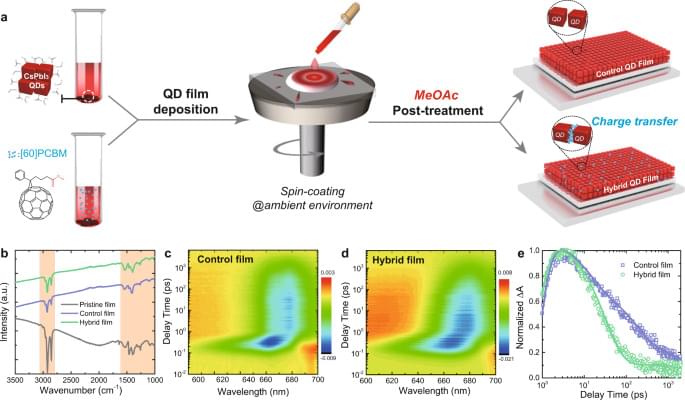
Circa 2021
Perovskite quantum dots film has better mechanical stability and structural integrity compared to bulk thin film. Here, the authors demonstrate higher endurance of quantum dot films and develop hybrid CsPbI3 QD/PCBM device with PCE of 15.1% and 12.3% on rigid and flexible substrates, respectively.

Although the universe is expanding at an accelerating rate today, this paper presents a simple mechanism by which a dynamical form of dark energy (known as quintessence) could cause the acceleration to come to end and smoothly transition from expansion to a phase of slow contraction. That raises questions, How soon could this transition occur? And at what point would it be detectable? The conclusions are that the transition could be surprisingly soon, maybe less than 100 million y from now, and yet, for reasons described in the main text, it is not yet detectable today. The scenario is not far-fetched. In fact, it fits naturally with recent theories of cyclic cosmology and conjectures about quantum gravity.
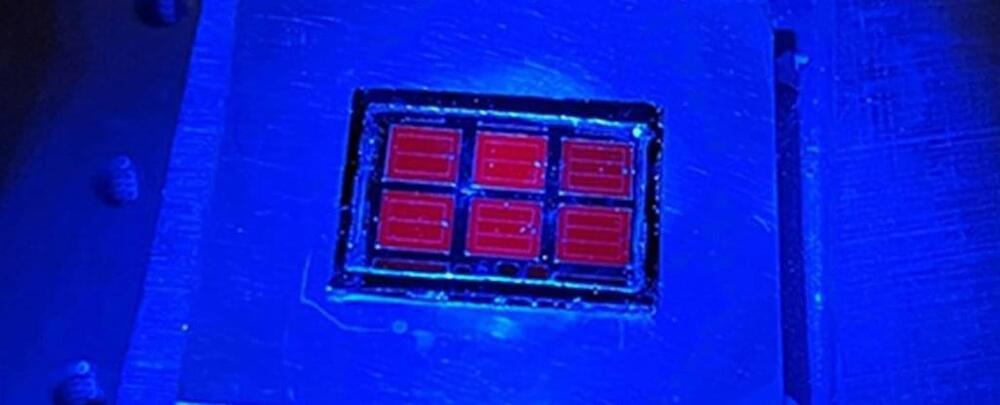
“there’s a new record to report: a new solar cell has hit 39.5 percent efficiency ”.
Scientists keep on pushing the efficiency of solar panels higher and higher, and there’s a new record to report: a new solar cell has hit 39.5 percent efficiency under the standard 1-sun global illumination conditions.
That 1-sun marker is simply a standardized way of measuring a fixed amount of sunlight, and almost 40 percent of that radiation can now be converted into electricity. The previous record for this type of solar panel material was 39.2 percent efficiency.
There are more types of solar cells around than you might have realized. The type used here, triple-junction III-V tandem solar cells, are often deployed in satellites and space vehicles, though they have plenty of potential here on solid ground as well.
